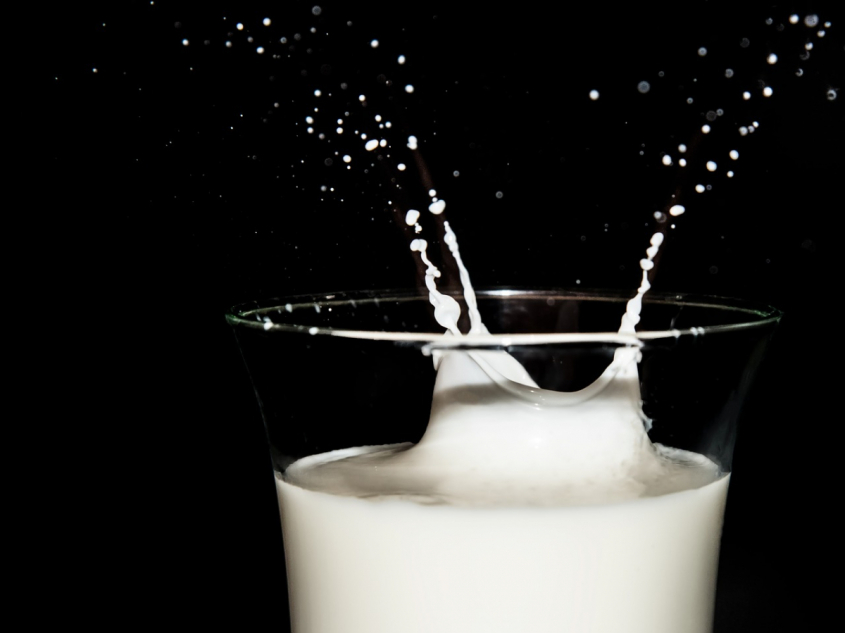
The Nutrition Society Paper of the Month for May is from Nutrition Research Reviews and is entitled 'Addressing misconceptions about dairy and obesity in children and adolescents' by authors Anestis Dougkas, Suzanne Barr, Sheela Reddy and Carolyn D. Summerbell.
In discussions of body weight and obesity, milk and other dairy products are often targeted for their energy content and many mistakenly believe that dairy should be limited to avoid weight gain. Meta-analysis and existing reviews have identified protective or neutral associations between consumption of milk and dairy products and childhood obesity. However, despite the evidence, public health advice on the role of milk and dairy products on obesity prevention strategies and interventions is often perceived as unclear.
In this comprehensive review, we summarized epidemiological and intervention studies conducted over the last 28 years, which have reported on the role of milk and dairy consumption on obesity and indicators of body fatness in children and adolescents. We also examined the possible physiological mechanisms underlying the impact of milk and dairy on body weight control.
In epidemiological studies, a high relative to low or no consumption of milk and other dairy products has been consistently found to be not associated, or inversely associated, with obesity and indicators of adiposity in children and adolescents. Although there is insufficient comparative data on the relationship of whole and reduced-fat dairy products and obesity, our findings suggest that replacing whole milk with reduced-fat milk does not influence the neutral associations with body weight over time. Those results have been reinforced by randomised controlled dietary intervention studies, which represent the most robust source of evidence, that dairy, and mainly milk consumption, have a neutral effect on body composition in children and adolescents. However, further research is needed to better understand the role of different types of dairy foods in childhood obesity. There are a number of supportive mechanistic data by which milk, dairy products and calcium could moderate absorption, storage and usage of fat, appetite and the metabolic activity of gut microbiota. In all cases, more work is needed to substantiate these mechanisms.
Milk and dairy products (excluding butter) are nutrient-rich and contribute significantly to the intake of many nutrients in the UK diet, and are the greatest contributor of calcium, iodine and a number of B group vitamins. On this basis, we conclude that there is limited and no definitive evidence to support a concern to limit the consumption of milk and dairy products by children and adolescents on the grounds that they may promote obesity.
